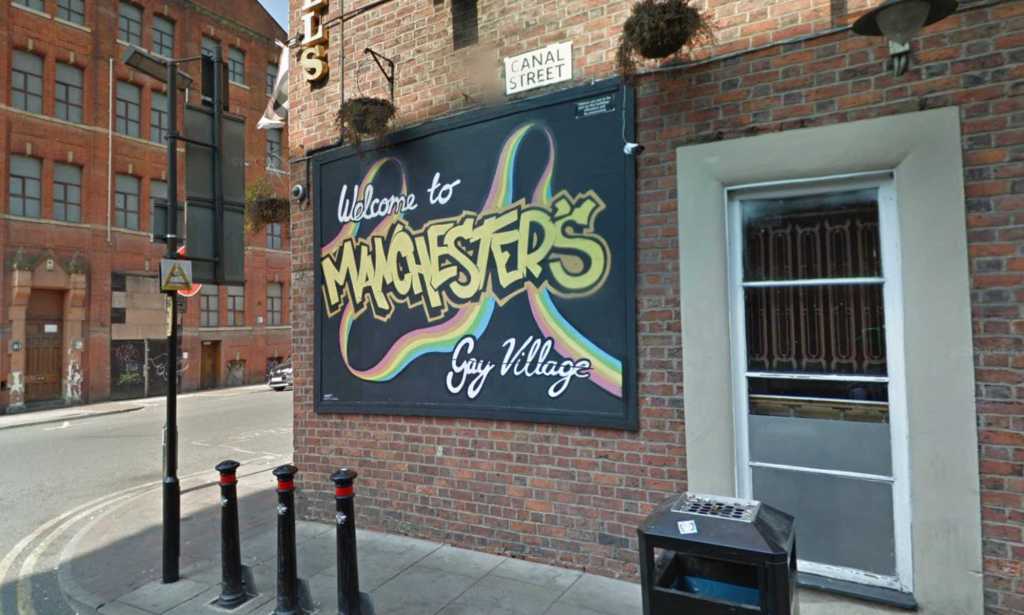Manchester’s gay council leader explains why local elections are vital for keeping LGBTQ+ people safe

Bev Craig has urged LGBTQ+ voters to election progressive politicians, if they want to see progressive policies in their local areas (Manchester Council)
Manchester’s first gay and first female council leader, Bev Craig, feels a “responsibility” to make the city feel safe for LGBTQ+ people after a spate of suspected hate attacks.
There are 33 seats on Manchester city council up for grabs in the 2023 local elections on Thursday (4 May), with another 8,000 being contested across England.
Though the Tories, and increasingly Labour, are banking on “culture war” politics to win at the next general election, it’s topics like the cost-of-living crisis, affordable housing, immigration and asylum, and the NHS crisis that are shaping up to be the key issues for local voters.
Among LGBTQ+ people, many will be considering the safety of their local community when heading to the ballot box.
For those in Manchester, fresh in mind will be recent attacks on Clonezone, on Sackville Street.
The queer sex shop has had its windows smashed three time in six weeks by masked thugs on motorbikes, in what police have called “targeted” violence.
Manchester City Council leader Bev Craig feels it is her “responsibility” to create a safe and welcoming place for both LGBTQ+ residents and visitors.

“Since the 80s, Manchester City Council has taken a really clear and active role in leading the fight against prejudice and making the city a safe and welcoming place for all of our communities,” the Labour councillor tells PinkNews.
“Manchester was at the forefront of of the Section 28 protests as a city council, and that’s fairly ingrained in civic life.”
Having represented the Burnage ward since 2011, Craig made history in 2021 when she became the first woman and first gay person to become the city’s council leader.
It’s why she feels so personally responsible for the community’s safety. Action the council is taking to move the needle, Craig says, includes having a “really clear” equalities plan for the future of the city and working to reduce hate crime.
“We’ve got a good and strong relationship with Greater Manchester Police and we’ve done significant work over the years to increase the number of people that are reporting hate crime, as well as encouraging [GMP] to increase the conviction rates and to make communities safer,” she continues.
“Of course, there’s a plethora of other things that the city council does from education in schools, through to the support that we give to the Gay Village that helps Manchester remain a safe and welcoming place.”
Craig also points to the council co-funding the redevelopment of The Proud Place, Europe’s first LGBTQ+ youth support centre, near Manchester’s Gay Village, and specific work “tackling prejudice on the basis of intersectional discrimination”.
“We’re also actively, of course, supporting the trans community in what’s a very difficult, toxic national environment,” she continues.
“Indeed, we were one of the first councils to pass a re-affirmation of our commitment to trans rights back in January 2022.”

For Craig, local elections are an important opportunity for the city’s LGBTQ+ population – and the wider community across the country – to have their voices heard by electing politicians who will address their specific needs.
“It’s easy to think local politics don’t matter,” she says.
“I know it’s not as exciting as a national parliamentary election but for me, there are two things.
“First, if you don’t use your vote people will not hear your voice.
“The second is around the importance of local politics. The whole environment where you live is defined by the people that run your local area.
“If you want to have a progressive, welcoming city, town or a village, you need to elect progressive – really committed to equality – politicians to those roles.”
Home Office data published in November 2022 showed the Greater Manchester Police (GMP) force recorded the highest rate of hate crime in the nation overall. It recorded the second highest rate of homophobic or biphobic hate crime, and the third highest rate of transphobic hate crime.
Victim Support Manchester offers a free 24/7 Supportline on 08 08 16 89 111, alongside a LiveChat service on victimsupport.org.uk.

